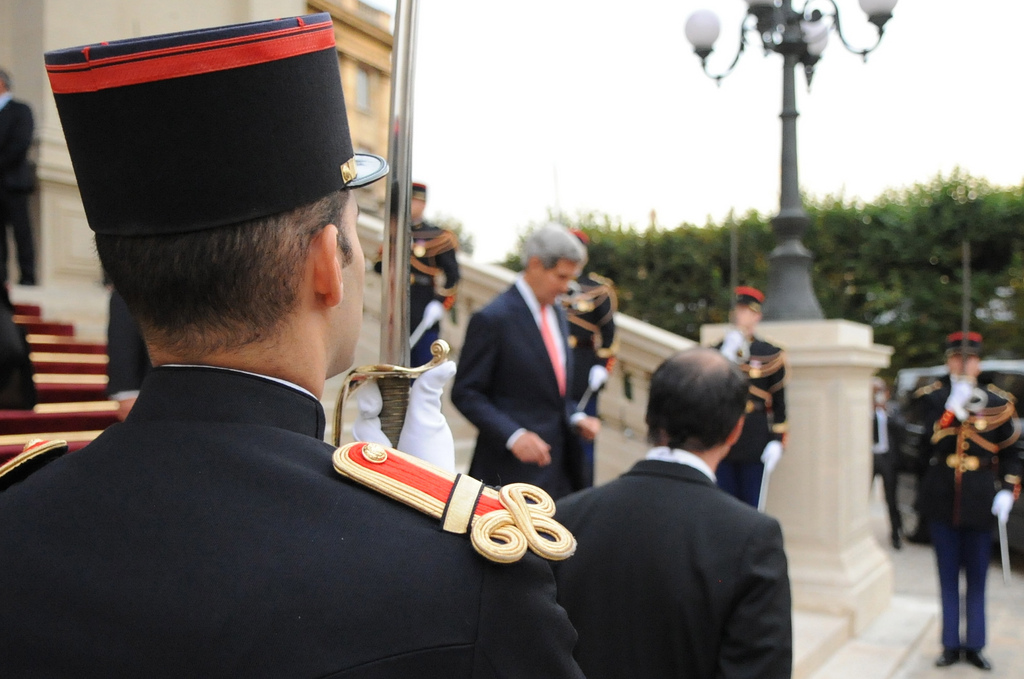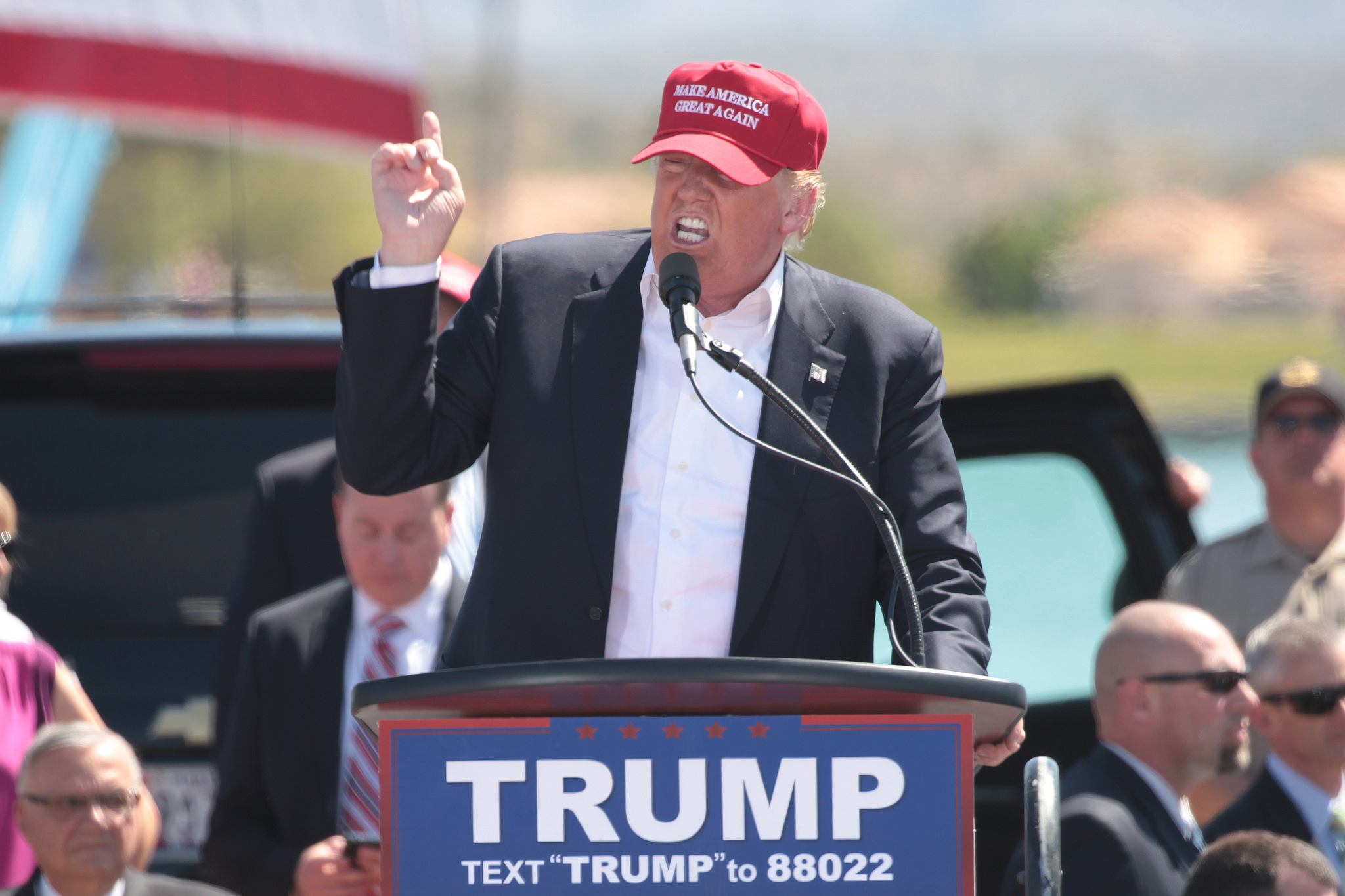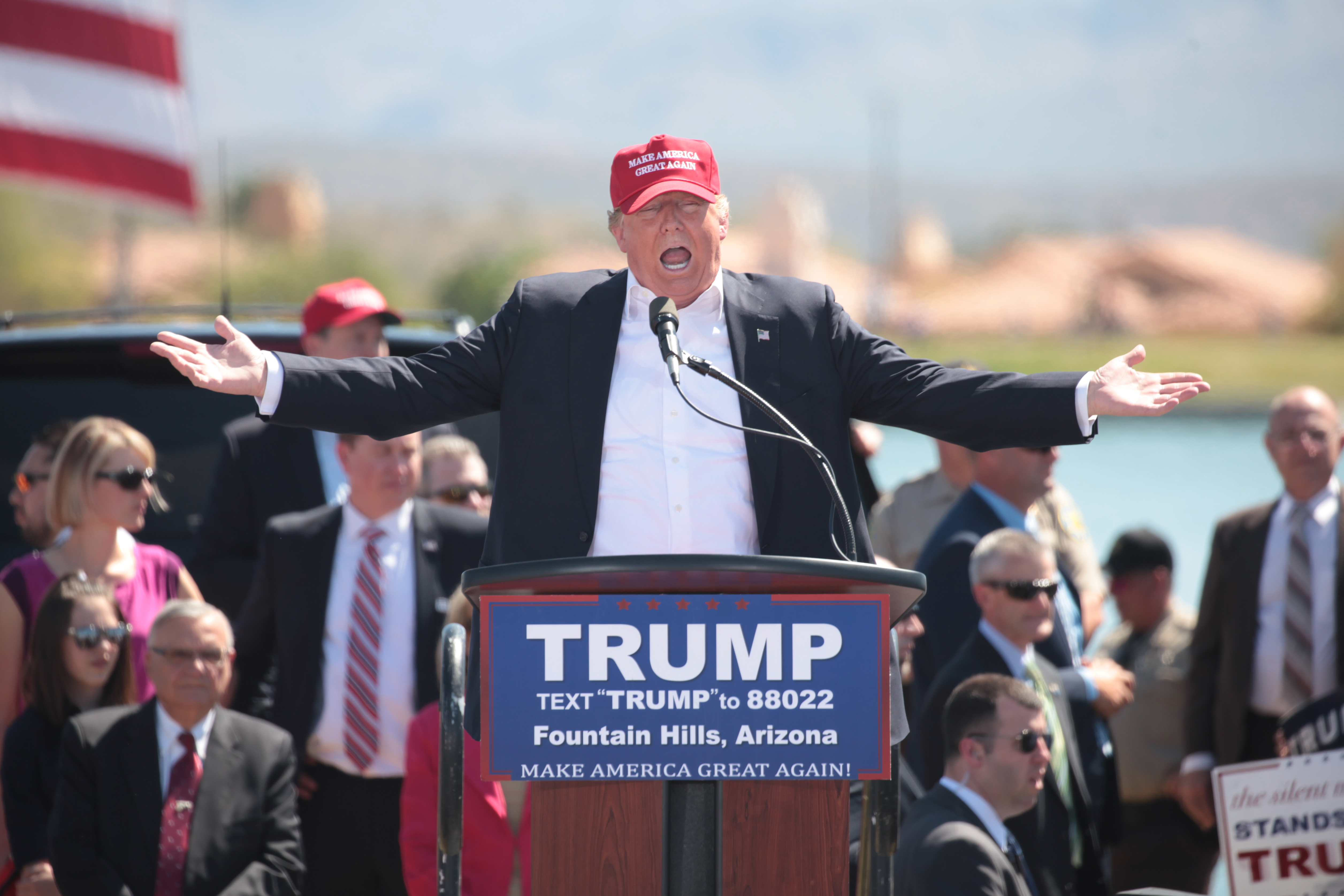Guest post by Clarence Moore.
Throughout a long and surprising campaign, President-elect Donald Trump promised enthusiastic crowds that he would bomb ISIS into oblivion, stated that countering ISIS was more worthwhile than opposing the Assad regime, and professed his affinity toward Vladimir Putin. Such statements suggest that forthcoming US policy in Syria will include a more robust campaign against ISIS, a reduction in American support for anti-regime groups, and a pronounced lack of anxiety about Russian influence in Syria. Against this backdrop, one can understand why both Putin and Assad have treated Trump’s election as welcome news. By contrast, many in the Syrian opposition express fear about the consequences of a Trump presidency for their futures as Russian and Syrian warplanes redouble their attacks on Aleppo. I spent the first half of 2016 interviewing Syrian refugees in Jordan about their decisions to flee, their political views, and the behavior of armed organizations they encountered. My data and recent events suggest that Trump’s victory may mean that even darker days are on order for Syrians.
Indiscriminate violence has marred Syria since protests began. The Assad government frequently fired into crowds of protesters in 2012 and has since escalated to barrel bombs and Russian-led aerial attacks that level entire neighborhoods. Interviewees reported that military police and pro-regime gangs – shabiha – often attacked Sunni Syrians in their homes, sometimes simply because the home was in a neighborhood that had experienced protests. Though the Syrian state also uses precise tactics such as the arrest and torture of protestors, numerous forms of indiscriminate violence have been cornerstones of its fight for survival since the uprising’s early days.
An intuitive consequence of indiscriminate violence is the erosion of affected Syrians’ trust in government. Evidence of such erosion lies in the observation that up to half of Syrian refugees list the fall of Assad as a pre-condition for their return and in the fact that Syrians living in rebel-held Aleppo have repeatedly refused to use humanitarian corridors that led to the regime’s territory, citing fear of state plans to harm them. This stance may seem unsurprising coming from Aleppo, which has a reputation for supporting the Free Syrian Army, but individuals who are less fond of the FSA feel similarly. Hussein, who fled violence in Hama, rejected the idea of living under Assad in the future and just as readily lambasted the FSA for what he described as its transition from a coalition of local protection units to a network of gangs. Another young man from Damascus felt similarly, lamenting that none of the armed actors in Syria could be trusted to govern peacefully.
It is clear that many, though certainly not all, Sunni Syrians prefer the uncertainty of international displacement or the threat of Russian bombs to living under Assad’s rule. If Trump’s focus on ISIS and cooperation with Russia, Syria’s primary ally, lead to the reassertion of Assad’s rule in presently contested areas, then the displacement crisis could deepen as Syrians who fear the government flee in search of safety.
Not everyone who currently lives in ISIS and rebel-controlled areas will reject living under Assad. Moreover, as countries such as Jordan, Turkey, and Lebanon accept fewer refugees, Syrians who want to leave may have nowhere to go. Present evidence suggests that post-war Syria under Assad could be a difficult or even dangerous place for Sunni residents to live. Multiple reports indicate that the Assad regime has consistently focused the brunt of its attacks on Sunnis, the group who populates the resistance. Some even accuse the Syrian state of genocide.
During my research I gathered dozens of personal accounts that are consistent with these reports. Sunnis from mixed neighborhoods in Homs and Lattakia described being targeted while their Alawi and Christian neighbors were left untouched or cooperated with the state as members of the shabiha. Individuals from Homs even reported that their homes had been taken by Alawi military personnel who moved into the city from elsewhere as part of the operation to counter resistance in the city. If Assad reestablishes control over Syria, the country’s Sunnis will have to rely on a state that has mistrusted and assaulted them to enforce their rights, including their right to retake homes occupied by soldiers who helped defend the state. This tension does not bode well for Sunnis. Potential consequences range from ghettoization as the state continues an attempt to demographically reshape at least some parts of the country, to rampant inequality as the regime uses its police apparatus to harass Sunnis under pretense of investigating terrorists.
A policy of focusing on ISIS to the exclusion of other issues would likely prove destructive for many Syrians, and it could also damage American interests. Gulf states such as Qatar have consistently supported anti-Assad rebels and could continue to do so even without American backing. If a Trump presidency worsens relations with these states, they may begin to ignore American concerns about heavy weaponry falling into the wrong hands and send more powerful equipment to the rebels, thereby prolonging the conflict. Trump has considered refusing to purchase oil from Gulf states that decline to cooperate with the US in Syria, a move that could introduce unwelcome volatility to petroleum markets.
Other questions revolving around American interests and Syria appear to remain untouched by the President-elect and his team. For example: how likely is it that helping Assad against ISIS will reduce terrorism when doing so also fortifies an Iranian ally that has cooperated with Hezbollah? How would relations with Gulf countries that provide security assistance worsen if the US were seen as cozy with Assad and Iran? And how would those weakened relations affect American security? There is still ample time for the US to play a positive role in Syria’s future. And, likewise, there are still many ways for the US to betray its own interests and those of millions of Syrians.
Clarence Moore is a doctoral candidate in political science at the University of Wisconsin-Madison.
Note: Hussein is not the referenced informant’s actual name.








1 comment